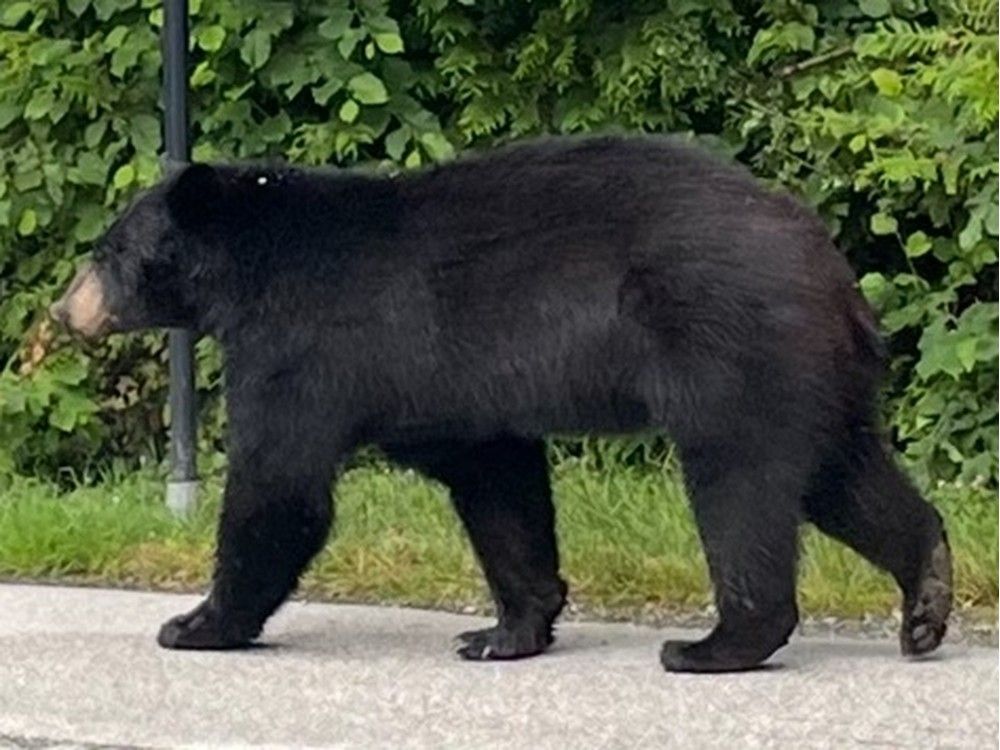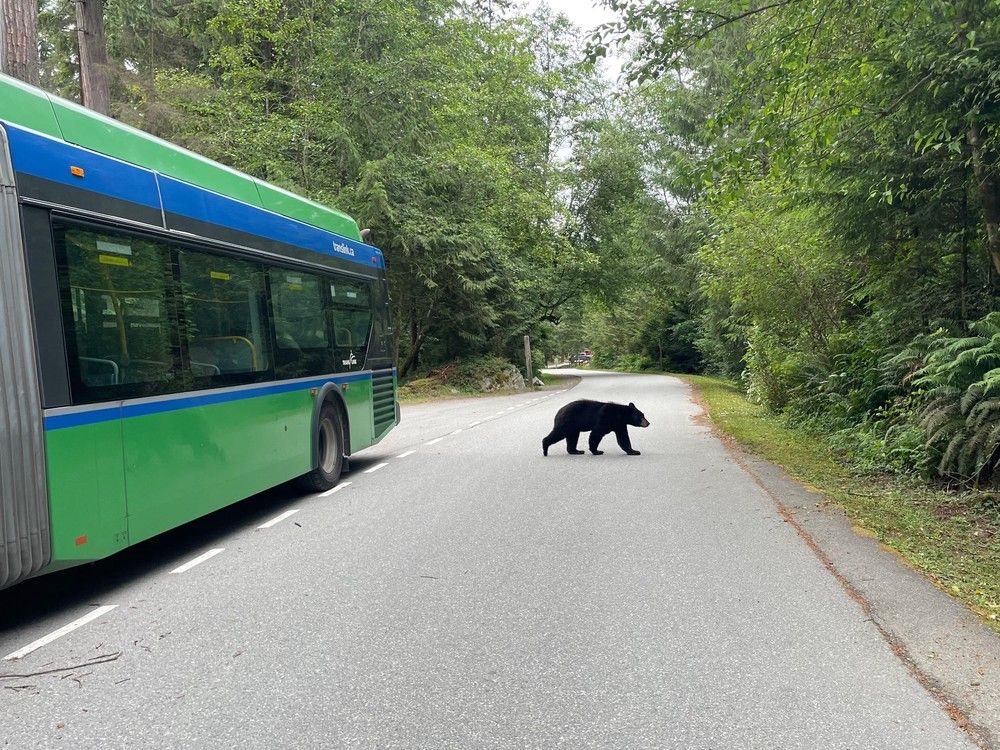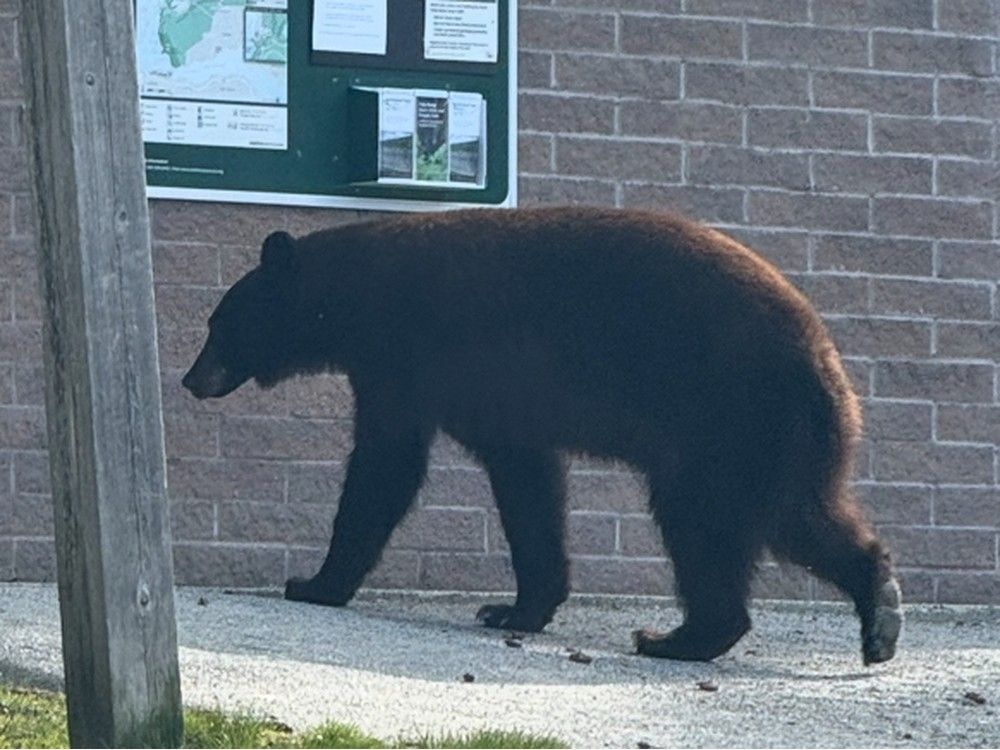
As the weather warms up it’s going to be a busy weekend and Canada Day at Metro Vancouver’s regional parks.
But if you’re hoping to barbecue some food on Canada Day, you may want to pass on Belcarra Regional Park, where a cooking ban is in place because of a recent increase in bear conflicts.
“I’ve definitely noticed more bear activity this year than I’ve had in the past,” said Marcel LaBreche, park operations supervisor for Metro Vancouver.
In May, a large bear rummaged through several picnic tables at White Pine Beach, which is on Sasamat Lake at Belcarra Regional Park in Port Moody, a popular area for swimming, picnics and cooking food on the barbecue.
LaBreche said staff had to close the beach for a week “because the bear just wouldn’t leave.” When the park reopened, staff imposed a food ban and closed the concession.
But Metro Vancouver has since changed that to a no-cooking order instead because it’s believed the cooking smell was attracting the bears from far away.
“We’ve had a few conflicts this year with bears getting into food, picnic baskets, stuff like that and that’s unusual,” he said. “We don’t normally have that happen.”

Park rangers will be patrolling Belcarra on the weekend and on Canada Day to ensure beachgoers aren’t lighting up the barbecue.
“If we do come across someone with a barbecue, we’re going to ask them to put it away and put it back in their car and just have the regular food out,” he said, adding the concession will be open this weekend to purchase food.
LaBreche said the bears this year have been different than the ones staff usually see in the parks at this time of year. For example, one of the bears at White Pine Beach was much larger and a cinnamon colour than the smaller bears that usually roam the area.
LaBreche said Metro Vancouver parks follow Bear Smart actions, such as bear-proof garbage cans and signs asking people to keep their picnic tables clear of food.

“Hopefully the bears will be out munching away on berries and stuff like that, as opposed to coming to the picnic area,” he said.
Sightings are also up on the trails at Lynn Canyon on the North Shore and he urged people to hike with friends and make noise on the trails.
“If you do come across bears, just give them lots of space, and obviously don’t leave any food out for them,” he said.
“Don’t run. Stay calm. Talk to the bear with a confident voice. And then make sure the bear has a clear exit. So if you can kind of get out of the way of the bear and give it space and let it walk by, it might just walk by you.”
Bears that learn to associate food with human activities often lose their natural avoidance of humans. They become bolder and more aggressive in seeking food, putting themselves and people at risk, according to Metro Vancouver.
B.C.’s Environment Ministry said there are some provincial parks that have been really busy recently with bear activity, such as Golden Ears. Postmedia has requested an interview with a conservation officer about the issue.